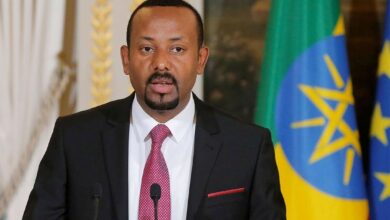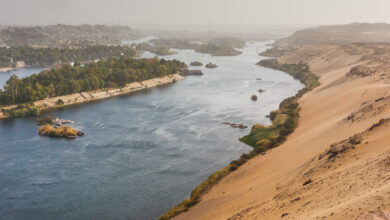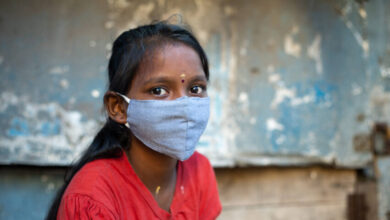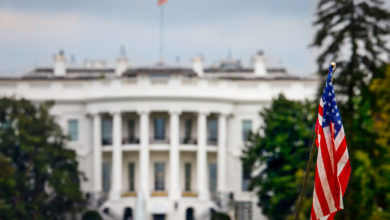Ethiopia
Ethiopia: At Least 10 People Killed In Clashes Between Protesters, Security Forces
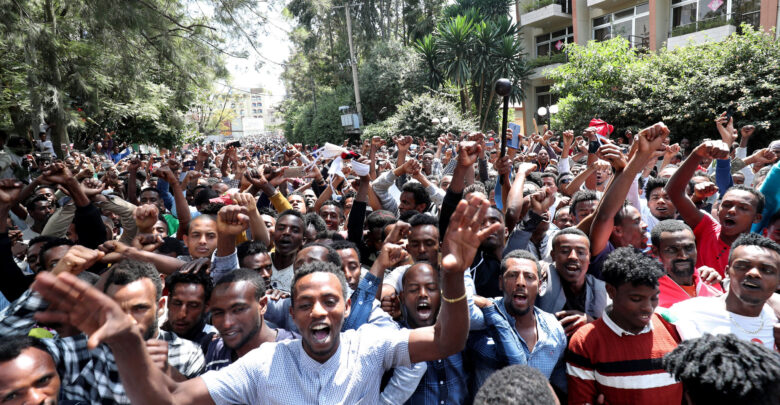
Around 10 people died in clashes between protesters and security forces in Ethiopia’s southern region on Monday, the health officials confirmed, reported Reuters.
The protests followed the arrest of local officials and activists by the Ethiopian security forces on Sunday. The activists are seeking a new autonomous region for their Wolaita ethnic group.
Matheos Balcha, spokesman of the opposition party Wolaita National Movement Party, confirmed that one of their party members was also arrested.
Security forces shot dead at least six people in Boditi on Monday, a town 295 km (180 miles) southwest of the capital Addis Ababa, said Temesgen Hilina, a senior official at Boditi health center.
“They were shot in the head, abdomen, and their chest,” he said. “I was the one who gave them the first treatment and later they died.”
Hilina said a 14-year-old boy was among the dead and 34 people were also injured.
A health officer from Wolaita Sodo University teaching hospital, who spoke on condition of anonymity, said he saw four dead gunshot victims and heard of eight others from colleagues.
Like many ethnic groups, the Wolaita, currently part of the Southern Nations, Nationalities, and Peoples Regional state, want their own state, which would give them greater powers over security and taxation.
Ethiopia currently has 10 states and around 80 ethnic groups. Its federal system allows any ethnic group to demand a referendum on establishing their own autonomous region. But no previous governments ever permitted for such votes.
Last month, the fatal shooting of popular Oromo singer and activist Hachalu Hundessa in Addis Ababa also led to civil unrest in Ethiopia. The unrest led to the death of at least 177 people and 5,000 arrests, according to the rights group.
The rise of identity-based conflict and related political tension is the most severe test of Ethiopia’s Prime Minister Abiy Ahmed’s leadership since he came to power two years ago.


